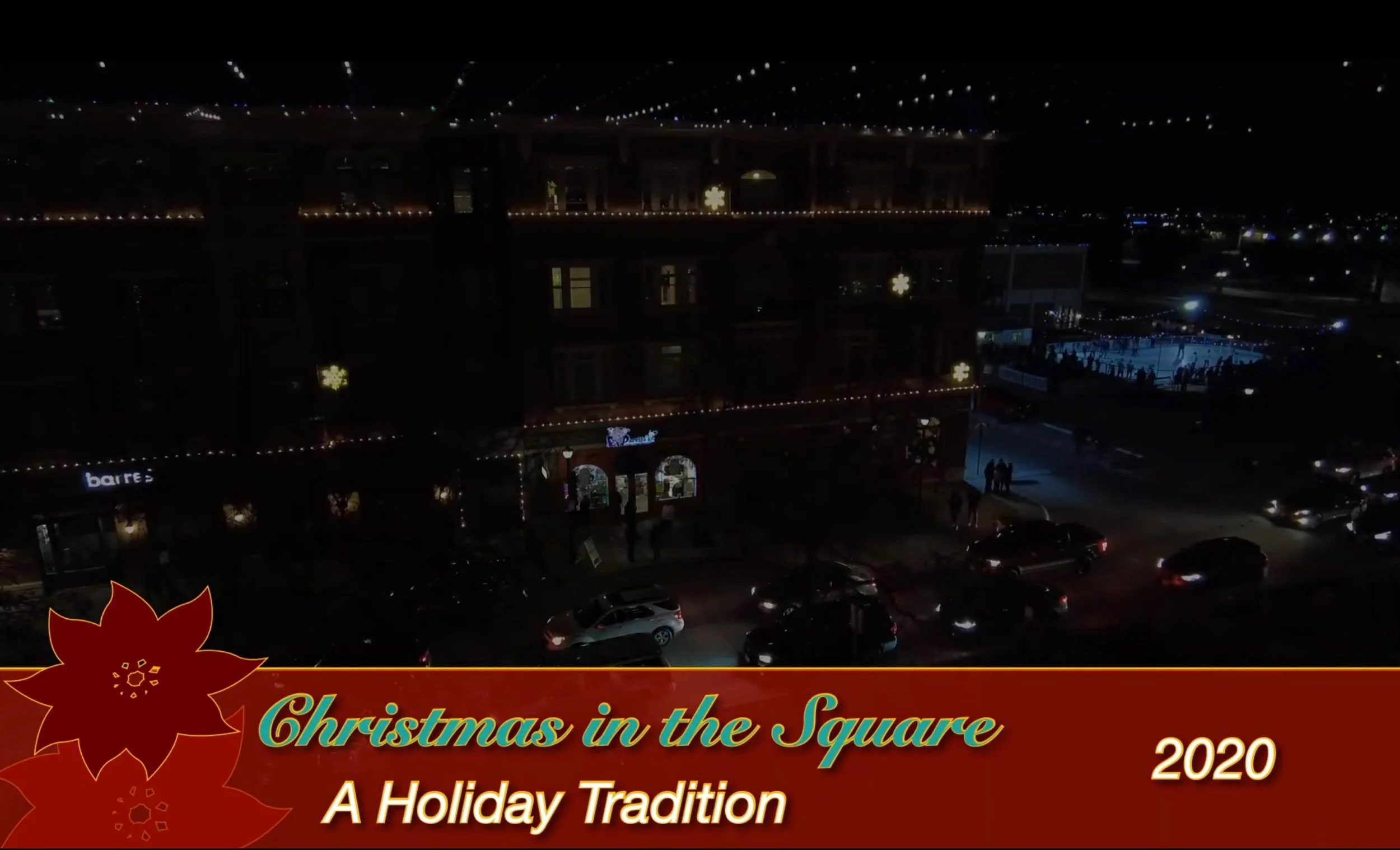I was doing a search on something and came across a website called The Ornery American. I quickly learned that it is produced by a favorite author of mine, Orson Scott Card; creator of the novel series based on one of his first books, Ender's Game (Link to Amazon). I don't know a great deal about Mr. Card, but I believe he is a devoutly religious man, but one that doesn't believe in forcing his views on others. In fact there is another article, his most recent one, that I will point out in another post that shows basically where his beliefs lie in how he feels others should think about him and the world at large.
This article is actually the Afterward of one of his most recent novels, Empire (Link to Amazon). I've not yet had a chance to read it, but saw it in the bookstore the other day. It's the story of how a 2nd American Civil War gets started and the men in the military caught in the middle. As I said I haven't yet read it, but after reading this article and knowing his personal writing style, I'm more inclined to do so. It should be noted that the book was written at the request of a software publisher looking to create a game franchise.
Again, I have not yet read the book and don't know if it is any good or not. Amazon's Editorial from Publisher's Weekly decries him basically has a hypocrite for writing a book that pits the Red States against the Blue States, making the Red states champions the hero of the book then writing an afterward (what follows below) about how intolerant both sides have become in the political debate. So while I don't know the reason why the messenger sent the message, I like the message.
Afterword to the novel Empire
by Orson Scott Card
The originating premise of this novel did not come from me. Donald Mustard and his partners in Chair Enterainment had the idea for an entertainment franchise called
Empire
about a near-future American civil war. When I joined the project to create a work of fiction based on that premise, my first order of business was to come up with a plausible way that such an event might come about.
It was, sadly enough, all too easy.
Because we haven't had a civil war in the past fourteen decades, people think we can't have one now. Where is the geographic clarity of the Mason-Dixon line? When you look at the red-state blue-state division in the past few elections, you get a false impression. The real division is urban, academic, and high-tech counties versus suburban, rural, and conservative Christian counties. How could such widely scattered "blue" centers and such centerless "red" populations ever act in concert?
Geography aside, however, we have never been so evenly divided with such hateful rhetoric since the years leading up to the Civil War of the 1860s. Because the national media elite are so uniformly progressive, we keep hearing (in the elite media) about the rhetorical excesses of the "extreme right." To hear the same media, there
is
no "extreme left," just the occasional progressive who says things he or she shouldn't.
But any rational observer has to see that the Left and Right in America are screaming the most vile accusations at each other all the time. We are fully polarized -- if you accept one idea that sounds like it belongs to either the blue or the red, you are assumed -- nay,
required
-- to espouse the entire rest of the package, even though there is no reason why supporting the war against terrorism should imply you're in favor of banning all abortions and against restricting the availability of firearms; no reason why being in favor of keeping government-imposed limits on the free market should imply you also are in favor of giving legal status to homosexual couples and against building nuclear reactors. These issues are not remotely related, and yet if you hold any of one group's views, you are hated by the other group as if you believed them all; and if you hold most of one group's views, but not all, you are treated as if you were a traitor for deviating even slightly from the party line.




